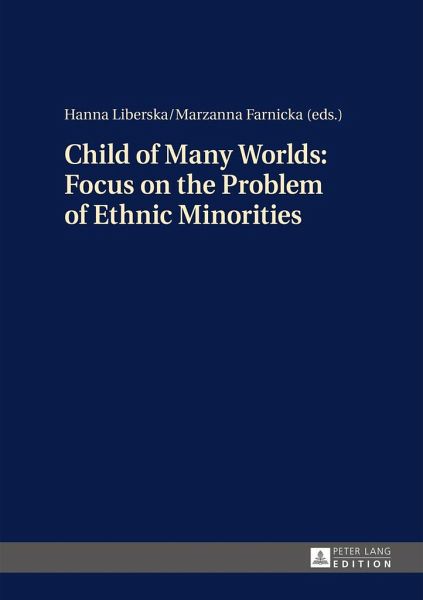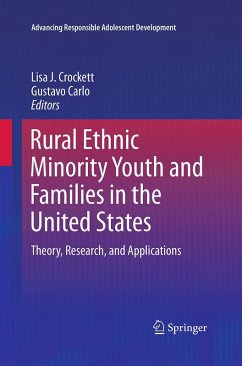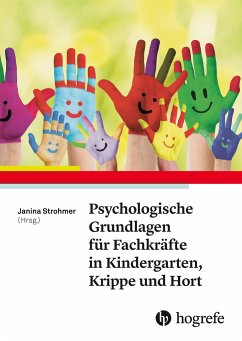
Child of Many Worlds: Focus on the Problem of Ethnic Minorities
Versandkostenfrei!
Versandfertig in 6-10 Tagen
70,50 €
inkl. MwSt.

PAYBACK Punkte
0 °P sammeln!
The sense of isolation and even rejection is well known to people from minority groups, including ethnic minorities. When it comes to children from ethnic minorities, the quick identification of the problem by teachers is of great importance. Anyway the problem must be realised not only by the educators and parents of the children of the minority, but also by the parents representing the cultural majority. The presented approach to the problem of ethnic minorities is not only oriented towards the social exclusion of the ethnic minorities, but tries to create a comprehensive strategy for dealin...
The sense of isolation and even rejection is well known to people from minority groups, including ethnic minorities. When it comes to children from ethnic minorities, the quick identification of the problem by teachers is of great importance. Anyway the problem must be realised not only by the educators and parents of the children of the minority, but also by the parents representing the cultural majority. The presented approach to the problem of ethnic minorities is not only oriented towards the social exclusion of the ethnic minorities, but tries to create a comprehensive strategy for dealing with "new faces of exclusion". The authors describe ethnic minorities in the countries of the Visegrád Group and try to define their cultural and national identity from the perspective of intercultural psychology.














